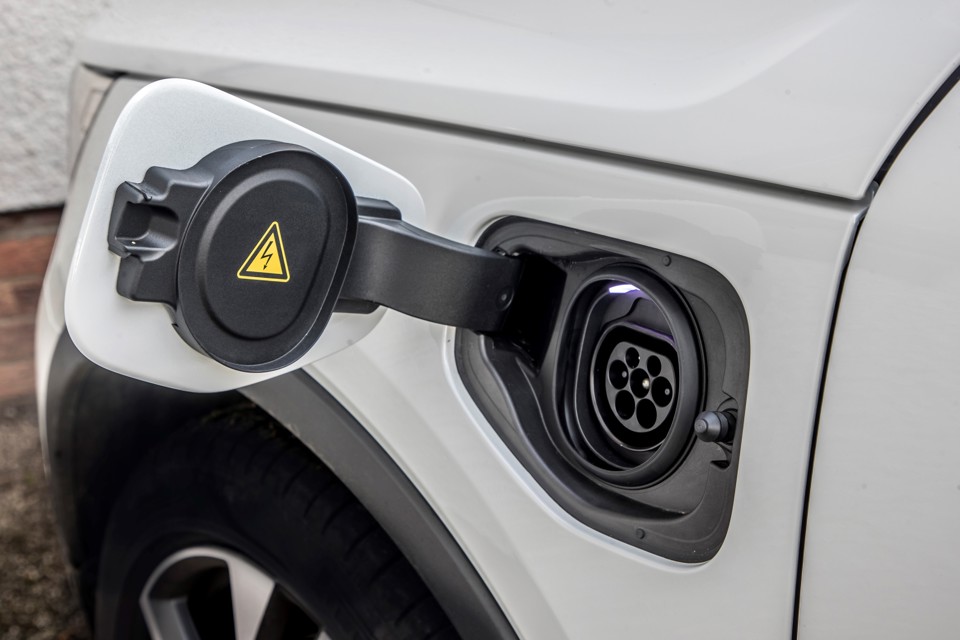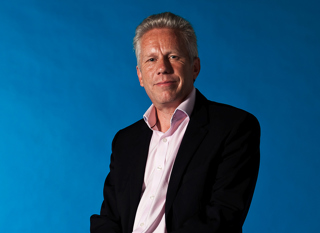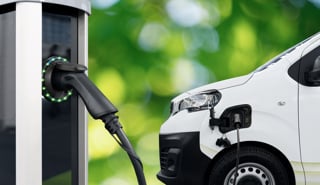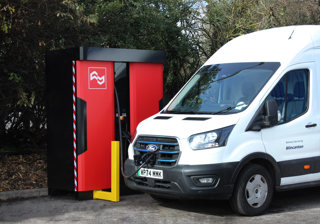The Government says it expects to meet its 2027 target for its central car fleet to be fully zero emission.
It has revealed today (Thursday, January 19) that a quarter of all of its cars have been switched to ultra-low emission vehicles (ULEVs).
Technology and decarbonisation minister, Jesse Norman, said: “As the UK moves towards a cleaner transport network, the Government is doing its part, with over 25% of its central car fleet being battery-powered three months earlier than planned.
“It’s critical that progress in decarbonising fleets is matched elsewhere. We will continue to forge ahead, to complete the switch by 2027 and help make the UK a world leader in decarbonisation.”
As set out in the Department for Environment, Food and Rural Affairs’ Greening Government commitments in 2021 to 2025, the Government was required to transition a minimum of a quarter of its car fleet to ULEVs by the end of 2022.
As of the latest data from September, 25.5% of all central Government cars were electric, reaching the target three months ahead of schedule.
The target is just a first milestone as Government looks to decarbonise the entirety of its central car and van fleet to zero emission vehicles by 2027 – faster than the wider phase-out date which sees the sales of new petrol and diesel cars banned by 2030.
Last year, Defra’s Dale Eynon spoke to Fleet News on the goal of achieving zero emissions by 2027.
The EV transition, said Enyon, had been aided by the new IRFS 16 (International Financial Reporting Standard) lease accounting rules, which have encouraged Defra to trial alternative funding options for vans, with leasing now a consideration.
It has dabbled “on and off” in the past but has now ordered 100 small electric vans on a three-year contract purchase with Novuna.
“The idea is to see where the market is in three years’ time and, if nothing better has come along, we will either use our capital to buy them off Novuna or extend the lease for a bit longer,” Eynon said
“With the changes to IRFS 16, everything is capitalised so we can now use our capital for leases which we couldn’t before.”






















Login to comment
Comments
No comments have been made yet.